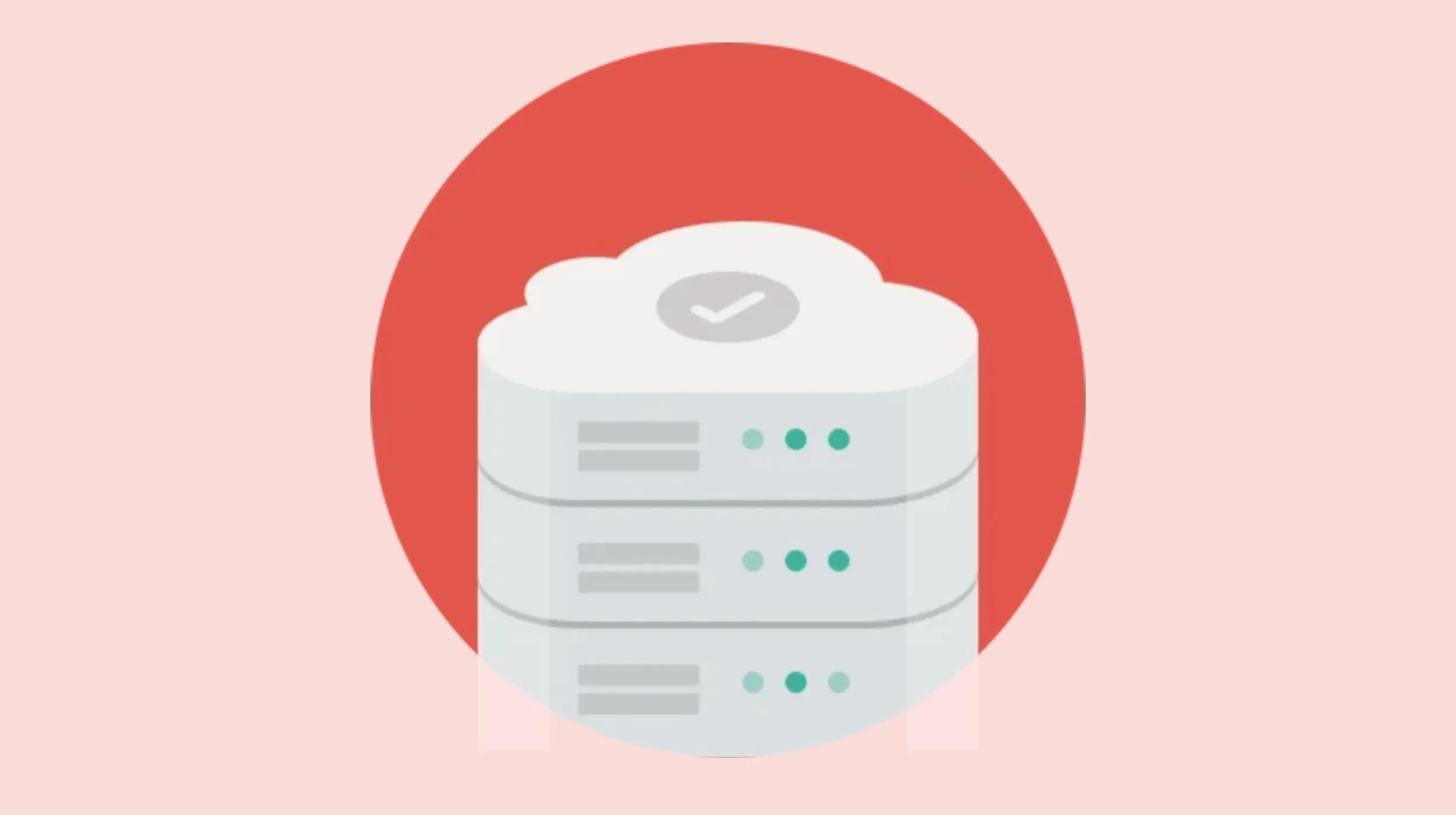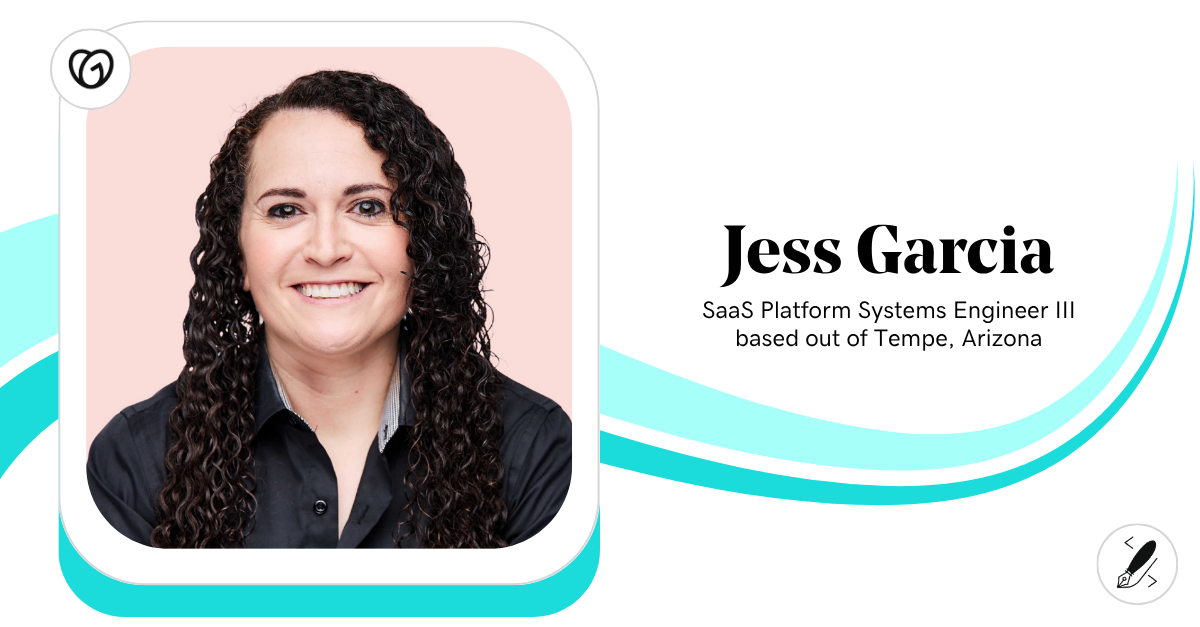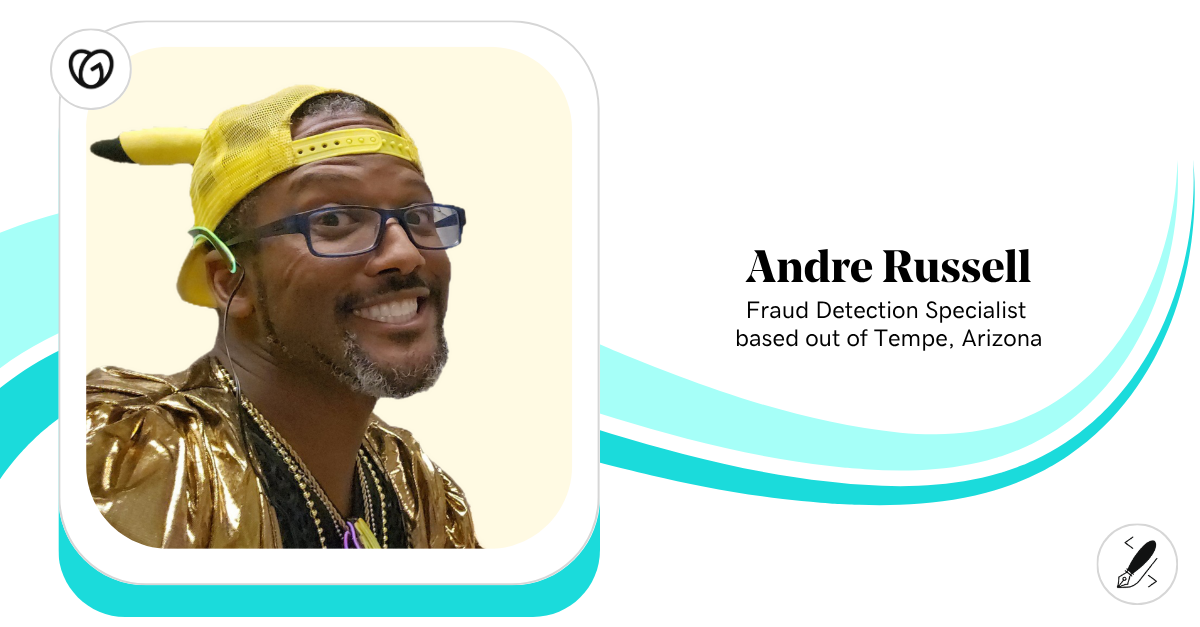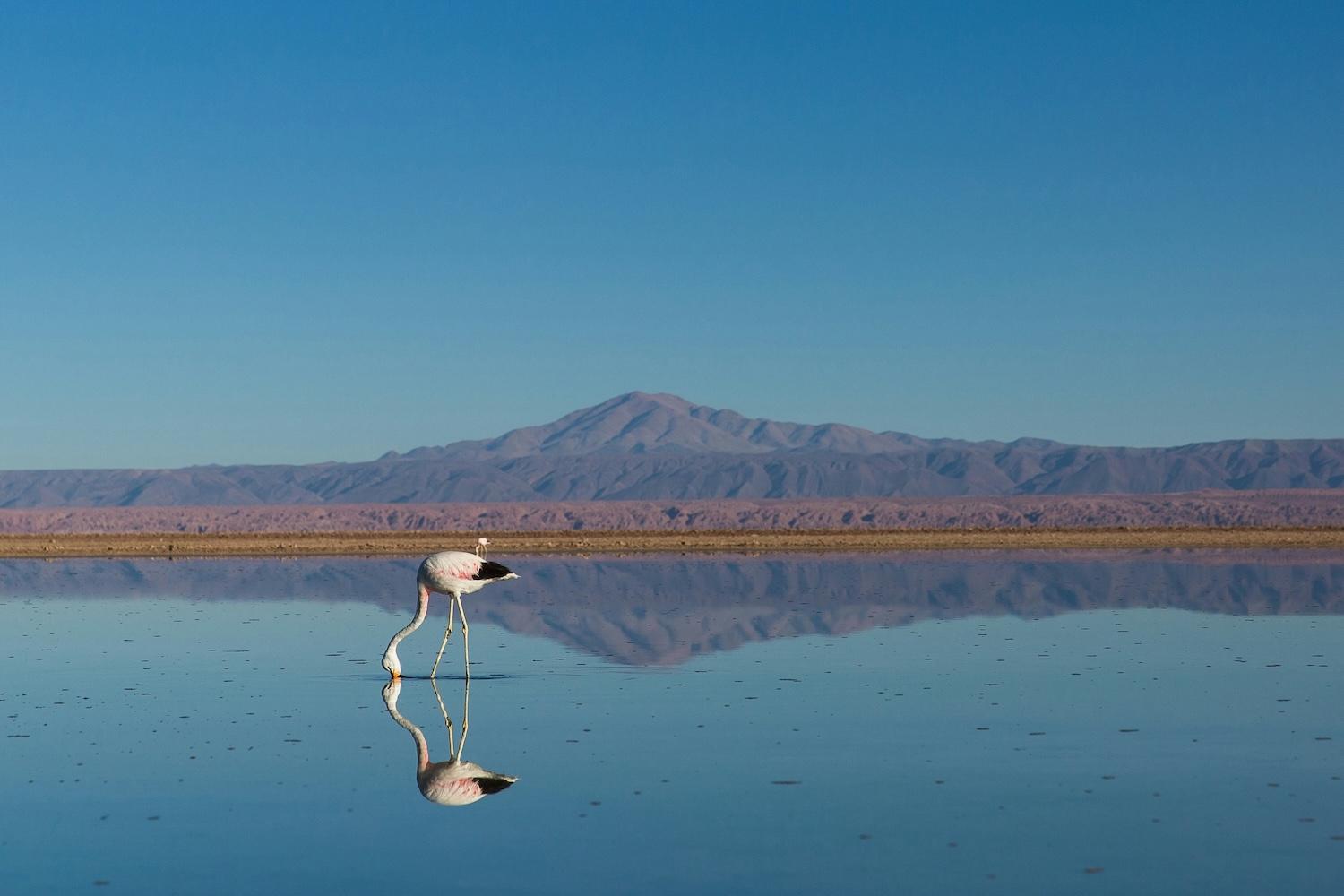(Note: This interview took place prior to the enforced COVID-19 guidelines around self-isolation, quarantining and social distancing.)
Hey, howdy, hi, and welcome! My name is Allie Nimmons. I’m a WordPress and WordCamp enthusiast. I own a small WordPress maintenance business, work for a WordPress plugin company. I also speak at WordCamps through the GoDaddy Pro Ambassador program.
I got my start in the tech industry through education and motivation I received at a WordCamp. It’s been my goal to pay that forward ever since.
This series is a guide for organizers of any sort of local conference, event, or meetup.
Let’s dive into the fourth chapter, which is our first interview of the series!
Adapting to the unexpected as a community event organizer
I wanted to know how event organizers should pivot, adapt, and learn from every event they organize. So I contacted a good friend who not only is an experienced event organizer, but was recently forced to make a pretty big decision: to cancel the event she was planning.
Beth Soderberg is an independent web developer based out of Alexandria, Virginia. She has been involved with the WordPress community for many years as a co-organizer of the WordPress DC Meetup and WordCamp DC; a speaker at WordCamps throughout the northeast; and as a former team representative for the WordPress Training Team.
In this chat, we cover her experience as an event organizer, some important things all first-time event organizers should know, and what to do when the best thing to do is not have an event at all.
Allie: What was the first event that you organized?
Beth: The Day of Silence in my high school. The first Day of Silence I planned was in 2003. I was the president of the Gay Straight Alliance in my high school and it was a brand new group.
I continued to plan events for all sorts of things. I planned a mental health conference in college. I planned multiple conferences in a job that I had before I ever became involved in WordPress events. I planned political actions, which are arguably events!
What do you think are different between those events and a tech event like a WordCamp?
The biggest differences between planning a tech event and non-tech event is frequently the content, the participation level, and the understanding of the other people involved.
I don’t think the core components of event planning are necessarily determined by whether it's a tech event or non-tech event. This is why I think I got into organizing the tech events: it’s because I had experience organizing all this other stuff and it was easy and fun for me. So it was a directly transferable skill.
That sounds like it would be comforting for someone who thinks there will be a huge learning curve versus other events they’ve done.
Yeah! When you think about it - what makes an event? Content, food, location, and some sort of budget in order to acquire the food and location. Oh, and there might be swag!
We always hope so! Did you organize meetups before planning the first WordCamp DC, which was also your first WordCamp?
I started with the meetup. I injected myself into the WordCamp DC meetup team around 6 years ago. We had been going through a transition point as a community. The meetups started in 2010 and were organized by a handful of people for a number of years, some of whom had started to move away.
One of my co-organizers -- who is still an organizer of the meetup with me -- was doing most of the work to organize the meetup, with a very small group helping him before the team built back up. He had a lot on his shoulders, especially because we had lost our venue. We used to have a stable venue where we would meet, so it was just about finding food and speakers.
But when we lost our venue, it became finding a venue, food, and speakers, every single month. And it was really difficult for such a small group to do that.
I finally went up to him and said, “Look, I can do the speakers. Obviously you all need help.” Long term this worked out really well as my co-orgainzer and I are very opposite in terms of what we’re comfortable with. He’s comfortable talking to venues, I’m not. I hate any part of event planning that involves talking to a venue and raising money. I’m terrible at raising money!
So that makes you good partners because your skills complement each other.
Exactly, he still talks to the venue and I still organize the speakers for our meetups. We have some other co-organizers now and had a very active group of organizers for a few years after I started organizing all of whom have had different and complementary skills/comfort levels with various organizing tasks.
How did that lead to organizing the first WordCamp DC?
We as a community had been trying to have a WordCamp for years, well before I became an organizer of the meetup. The issue in DC is always finding a venue. Rental space is extremely expensive and most of the spaces are too small.
We managed to find a venue because I happened to know someone connected to the Chief Technology Officer of DC at the time.
I had organized a different event for DCFemTech, which is a coalition of Women in tech in DC. I met this guy through that. The Carnegie library was an event venue at the time (now it is an Apple store) and we were the last event held there. Because I knew this guy from DCFemTech who had a connection to the library, we were able to get a discount on the space.
We had a really solid team who worked well together by then. I’ve been the speaker wrangler. No one else appears to enjoy that role but I actually really like it. I also managed design. I have some friends who own a small agency in DC and I got them to donate all the design aspects. I also managed all the printing because I have managed print production for tons of events. I can do it in my sleep.
We have one person who was involved in 2017 and he has no fear when cold calling so we had him call sponsors. We have one person who is really good at managing budgets. She’s done it at work for years.
It sounds like everyone on the team is very suited to their role, based on past experience.
I think that makes the best team. All the events I’ve planned that have been horrible are the ones where people get too much in each other's business because they don’t trust each other. Or people say they can do something, never admit they can’t, and never ask for help. And then a whole area collapses.
When you work on a team you need to be able to say, “I thought I knew what I was doing but this part isn’t going well, does anyone have any ideas?”
What surprised you about the first WordCamp that you organized?
My favorite thing from that event that went well was that every one of our 62 speakers were on time and none of them were no-shows. There were no last-minute cancellations and they were all early or on-time to their sessions. I’m still not sure what magic made that happen!
I think a lot of it came down to the fact that I was extremely communicative with them on an individual level. I’ve been a speaker a lot, I’ve had to cancel speaking twice (once for a medical reason and once for my grandmother’s funeral). I take public speaking very seriously when I commit to do it.
I think it’s important, when you’re managing that many people, to pull apart where you need to have individual contact. Who is new? Who is nervous? Who is traveling from out of town?
You want to make sure that person is comfortable. Knowing when to step in and say something extra or offer to talk or have an extra resource available tends to be worth it.
What was something that went wrong or was a learning experience for next time?
The biggest thing I learned was to learn my limitations. During the first WordCamp DC, I was pregnant and no one knew yet. I was very, very tired and falling asleep sitting up. I also thought I could do everything normally - I couldn’t! I was running around, making sure the speakers were there and ready, then sleeping on the floor of the organizer room during each session. This is obviously not ideal!
When we picked the date for WordCamp DC 2020 I knew I was pregnant again and I knew I couldn't do another event during that first trimester. I was very open with my team about deciding that I couldn’t do it again that way and the date we picked ended up being during my second trimester.
That brings to mind when you’re on an airplane, and they tell you to put your own oxygen mask on before helping others.
If the organizers set themselves up for success and make decisions that won’t negatively impact their ability to lead, they can put on a better event for everyone else. Sleeping on the floor during sessions doesn’t mean you can be the best organizer you can be!
That’s why when it was suggested at one point to schedule the event for an earlier date, I resisted that so hard. It would have made our time to organize so short for all of us. And for me, I said that if we do the earlier date, I’m only willing to do this little sliver of things because I can’t see myself surviving that.
I wanted to set an expectation that based on previous experience, doing it in such a truncated way while also going through that point of pregnancy would be very very difficult for me. I didn’t want to end up that way again.
I’m glad you didn’t! So, what are about 3 things that everyone should either do or understand before beginning to plan their first event?
If it’s your first event, seek out people who have done similar things and ask them questions.
The second thing is that almost all events include food, and most people who have normal dietary needs don’t have to think about planning food for an event any different than ordering food for a party at their house. When you are planning an event for the public, for people you don’t know, that does not apply.
When you’re giving people food, it’s a social offering, as well as a necessity. You want everyone to feel welcome. When you don’t have food everyone can eat, not everyone is going to feel welcome. I mean labeling everything. I mean accounting for food preferences. There are easy ways to make sure you’re covering a large group.
I’m someone who has a lot of food restrictions, so I’ve learned to take protein bars to events just in case I can’t eat there, but I’ve also been in situations where I’ve been hungry all day.
The last part is to be flexible. Not everything is going to go as you planned, even if you planned really well.
Being okay with being wrong, being calm, and being flexible are all going to help. Freaking out about everything that doesn’t happen the way you thought won’t be good for your event or your sanity.
I love that. So let’s talk about WordCamp DC 2020. That was your second WordCamp, and it was recently cancelled due to COVID-19 concerns. What went into that decision and how long had you been planning it prior to having to make that announcement?
There were a lot of factors that went into making that decision. We made the decision the day before people found out. Our event was about three and a half weeks out from then.
We had been planning it since the very beginning of November. I've spent a ton of time and recognize that other people also have spent a lot of time in the planning of this event that is now not happening.
How did you come to that decision?
There are a lot of considerations when you have to cancel. And we were not in a situation where we were forced to cancel. WordCamp central has been extremely supportive in our decision to do it. But it was a group decision by the organizing team.
Going into that weekend prior, we had gotten some questions about it, but we hadn't really seriously discussed anything related to canceling. We had added getting extra hand sanitizer to our Costco list, but that was really the only thing that we had done before.
And then Monday morning we had a speaker pull out because she lives in an impacted region and was concerned about traveling. And then we learned that several sponsor teams were being pulled. And then we learned that a different speaker was still allowed to come but would have to self quarantine for two weeks if she did.
And so all of this happened on Monday, and by Tuesday morning there were a few of us who started talking about cancelling. There were other events that were being canceled at that same time.
Basically what it came down to was we were planning a three day event with about 500 people. It would be contained in a space for three days. 47% of our speakers were not from DC. We went through the list of speakers who were not local and about half of them probably would have been pulled out by either their employer or the person paying for them to travel. So overall we would have been down at least 25% in terms of speakers.
On top of that, Washington DC is a major hub. Though we didn't have any cases as of the day we cancelled, we knew based on our location and based on the size of our events and the geographic diversity of the people coming to it, that if this particular virus continued spreading in the way that it was, that it was a terribly irresponsible idea to hold an event.
How was the decision made within the group?
We voted. I think this was true for several other organizers, but my logic in voting for canceling was: Can I be okay with the decision about being wrong about this? I'd be okay with the decision about being wrong to cancel the event.
We had two people on our organizing team who are in some way high risk for the more serious, severe repercussions of this particular virus. So that would put us down two organizers, let alone the potential impact on anybody else in our community.
I can't speak for everybody, but it wasn't an easy thing. I honestly went through all of the feelings: I was relieved. I was happy. I was no longer going to have to do all this work in the next few weeks. I was angry that I had done so much work. I was just generically upset. I was disappointed.
I have to say that my co-organizers are amazing people and I am so proud of what we would have done with the event if the timing had been different.
What has the reaction been to that cancellation?
I'm very thankful that the responses, both privately and also publicly, have largely been understanding of why we made the decision we did. And it really was not an easy thing to do. None of us liked it. It was really horrible. I hope I never have to do it again. It's the first time I've had to cancel something like this.
I can't say enough about how supportive WordCamp Central has been, both in the decision making process but also helping facilitate things like refunds. I would urge anybody who is in a situation where they think they might need to be doing something like this to talk to their mentor immediately, if they have one. Pull in that sounding board.
I’ve also been talking to organizers in Lancaster, San Antonio and a few others because they've been reaching out to me knowing that I was one of the organizers of this event that was canceled and they have questions about canceling their own events.
The same as being proactive about asking somebody questions before you plan an event applies here. If we'd had more time, I would have reached out to the Orlando organizers who have had to cancel their WordCamp before. I know several other people on my team have also been talking to other organizers in the WordCamp ecosystem, trying to help them decide what to do and developing alternate plans, things like that.
Do you have any alternate plans? Are you going to do just like a big local meetup or do you have some sort of contingency?
We are not sure yet. There's some ideas of where we might place speakers. There's some potential for some of our speakers to speak at other things. We've talked about the idea of having a mini-virtual conference at some point. But we knew that we could not pull off such a thing in three weeks with no planning.
I'm going to be inviting a lot of folks to speak at our meetup. I haven't fully processed what I'm going to do with it all yet, but I would like to give an opportunity for those speakers to have a platform. If I can figure out how to do it, it's going to be easier with the local ones.
Tell me a little bit about the logistical impact of that sort of a cancellation, given how many people are involved? What should first-time event planners be prepared for in case a cancellation becomes imminent?
I think that the biggest thing you can do to prepare is to make sure that any contracts or budgets are written so that you can get your maximum refund possible. For venues, making sure you could roll over at least a portion of the money to a future date.
Encouraging contracts where you pay a deposit but then you pay the rest like much closer to the event. So that it's similar to wedding planning where you should always have a rainy day contingency plan. Back to what we were talking about before, event planning is event planning. There's going to be stuff like this that you could have never predicted.
Many thanks to Beth Soderberg, who took the time to get on a Zoom call with me for this interview. We hope that you can take some nuggets of wisdom with you from this interview as you plan your first event! You can connect with Beth on Twitter and LinkedIn.






